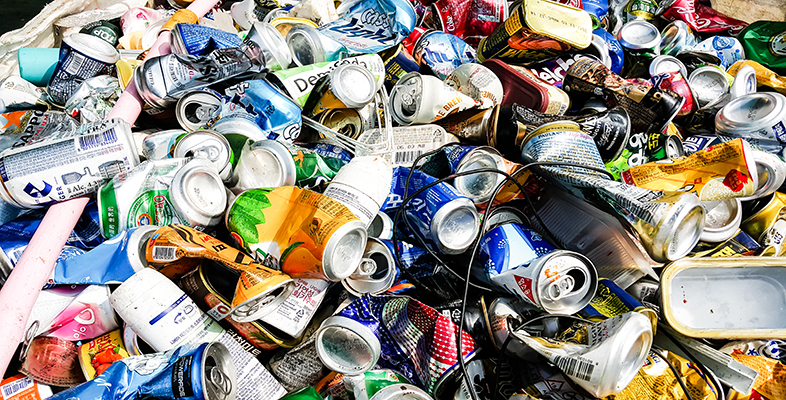Home » Course Layouts » Free Course Layout Udemy
This course, Waste management and environmentalism in China, is an introduction to waste generation and waste management processes currently being practiced in China.
0
37
English
English [CC]
FREE
- Learn basic syntax that can apply to any language.
- Learn what is a programming language and the basic concepts for beginners.
- Understand what is Javascript in it's truest form.
- Know the basic syntax of Javascript.
- Know some hidden quirks in Javascript.
Description
This course explores how the Chinese can deal with increasing volumes of waste, drawing parallels with the UK experience of waste management. It also discusses the conceptual tools that can be used to make the cycle of material use, waste production and treatment more sustainable. The course ends with a brief examination of the growth of environmentalism in China.
Course learning outcomes
After studying this course, you should be able to:
- Identify some of the environmental impacts of economic growth
- Understand some concepts to more sustainably manage waste and resources
- Identify some of the emerging social responses to China’s environmental problems
- Assess individual waste management habits.
Course content
- Introduction 00:07:00
- Learning outcomes 00:05:00
-
- Waste in China 00:15:00
- Municipal solid waste in China 00:40:00
- Informal waste collection 00:15:00
- Improving the treatment of MSW 00:20:00
- Determining the size of the problem 00:30:00
- Strategy 1: Formal collection 00:15:00
- Strategy 2: Understanding the composition of waste 00:20:00
- Strategy 3: Improving technology 00:20:00
- Strategy 4: Use of economic and legal instruments 00:15:00
- Managing waste from cradle to grave – life-cycle assessment 00:30:00
- Managing waste from cradle to cradle – circular economy 00:10:00
- The circular economy in China 00:25:00
- The Ellen MacArthur Foundation 00:10:00
- Sharing economy 00:15:00
-
- The growth of environmentalism 00:15:00
- The citizens mobilise 00:20:00
- Environmental pressure groups 00:15:00
- Pressure groups and politics 00:15:00
- Intervention at Lake Taihu 00:20:00
- Conclusion 00:10:00
N.A
- 5 stars0
- 4 stars0
- 3 stars0
- 2 stars0
- 1 stars0
No Reviews found for this course.
Instructor
Open University UK
4.8
4.8
14
43384
1068
Explore Free Courses
Access valuable knowledge without any cost.
{"title":"","show_title":"0","post_type":"course","taxonomy":"course-cat","term":"engineering-skills,health-and-safety","post_ids":"","course_style":"free","featured_style":"course6","masonry":"","grid_columns":"clear4 col-md-3","column_width":"268","gutter":"30","grid_number":"4","infinite":"","pagination":"","grid_excerpt_length":"20","grid_link":"1","grid_search":"0","course_type":"","css_class":"","container_css":"","custom_css":""}










